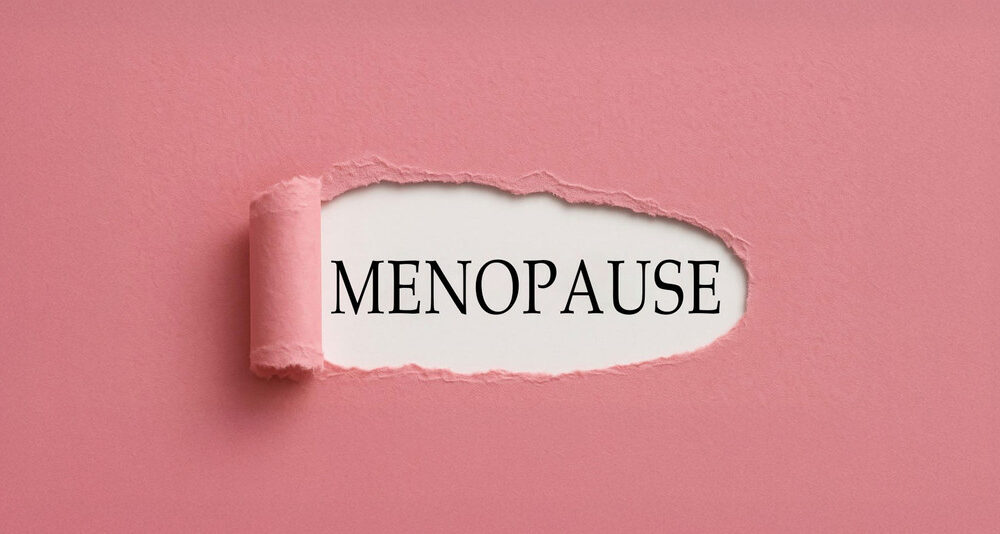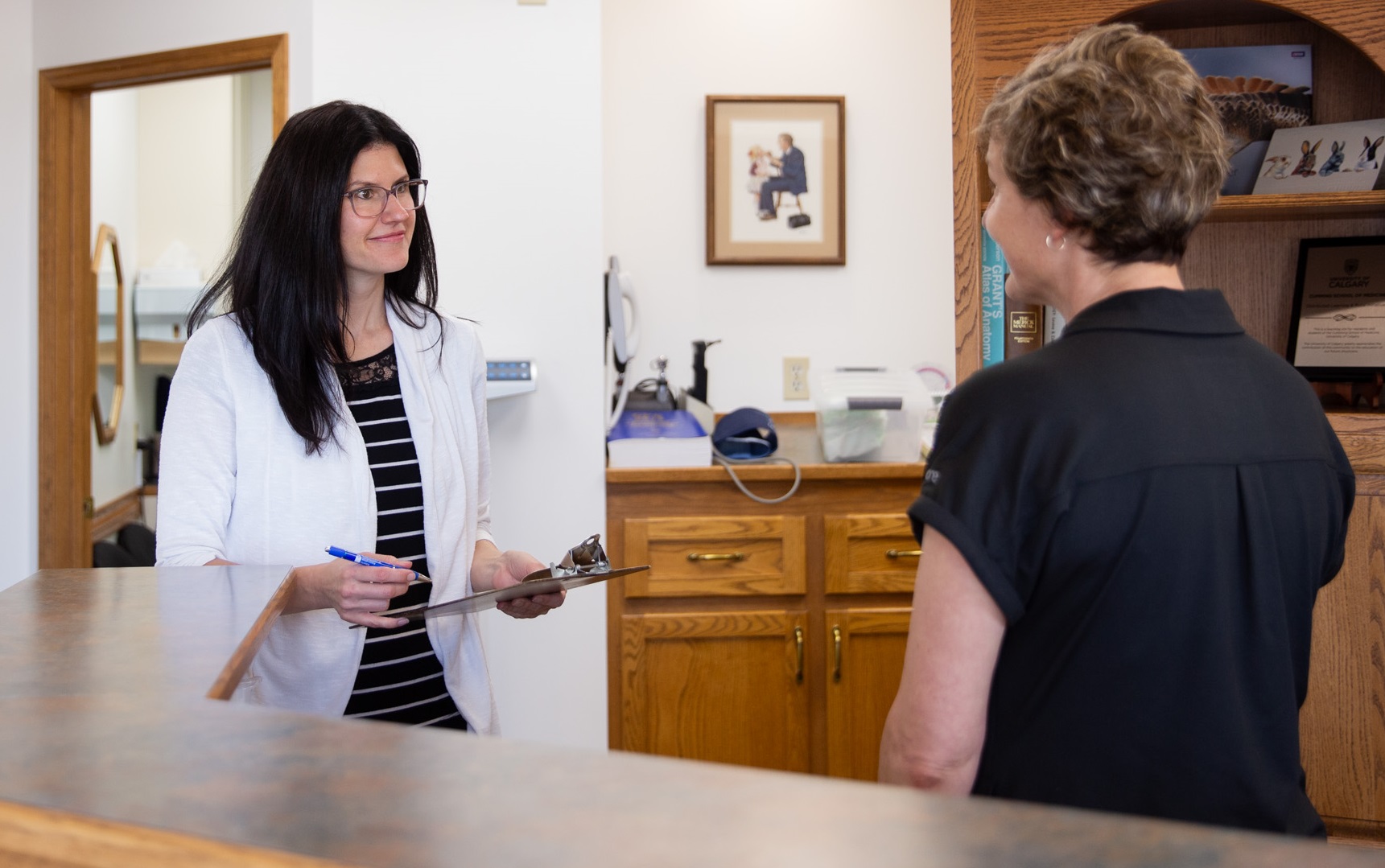NEW: Low Risk Prenatal Clinic
The Medicine Hat Hospital has a Low Risk Prenatal Clinic located on site. Patients can self-refer, or speak with their current provider to obtain a referral.
The Medicine Hat Hospital has a Low Risk Prenatal Clinic located on site. Patients can self-refer, or speak with their current provider to obtain a referral.

Menopause occurs when there is a complete stoppage of menstruation for twelve months in a row, marking the end of a woman’s reproductive years. It is an inevitable part of the aging process that affects all women, usually between the ages 45 and 55 (Aggarwal et al., 2022; Ilankoon et al., 2021; Tang et al., 2025). Before menopause, women go through a transition period called “peri-menopause,” when the body undergoes several changes and symptoms appear (Ilankoon et al., 2021).
Menopausal symptoms manifest differently among women. Common symptoms include irregular periods, night sweats, hot flashes, vaginal dryness, pain during sexual intercourse, body pain, weight gain, low energy, sleep disturbances, poor memory, and mood swings (Aggarwal et al., 2022; Ilankoon et al., 2021; Tang et al., 2025).
Studies suggest that during menopause belly fat in women increases due to hormonal changes, which put them at risk of developing long-term health conditions such as excess body weight, high blood pressure, sudden loss of blood flow to the brain, poor heart health, high blood sugar levels, breathing problems during sleep, weakening of the bones, and issues with bladder and vaginal health (Aggarwal et al., 2022).
Menopausal symptoms can be managed in many ways. Non-medical approaches include using herbal remedies, engaging in religious activities, eating healthy, staying active, avoiding smoking and alcohol, as well as seeking talk therapy (Aggarwal et al., 2022).
Prescriptions for hormonal replacement therapy (HRT) can help balance hormones, but not all women respond to treatment in the same way. Certain forms of HRT may increase the risk of developing heart disease or breast cancer, so careful assessment and individualized planning are essential when considering its use (Aggarwal et al., 2022; Tang et al., 2025). When HRT is not suitable, other medications may be considered (Aggarwal et al., 2022).
It is very important to remember that menopause is not a disease; but a natural part of womanhood. With increased awareness through education and proper counseling from healthcare professionals, women can understand their bodies, feel more confident, and become active participants in their health (Aggarwal et al., 2022). Talking openly about menopause will allow women to connect with others through shared experiences, feel a sense of belonging, and overall reduce stigma.
Sources
References
Aggarwal, N., Meeta, M., & Chawla, N. (2022). Menopause management: A manual for primary care practitioners and nurse practitioners. Journal of Mid-life Health, 13(Suppl 1), S2-S51.
Ilankoon, I. M. P. S., Samarasinghe, K., & Elgán, C. (2021). Menopause is a natural stage of aging: A qualitative study. BMC women’s health, 21(1), 47.
Tang, Y., Ma, R., Zhang, L., Sun, X., & Wang, Y. (2025). Effectiveness and safety of hormone replacement therapy in the treatment of menopausal syndrome: A meta-analysis. American Journal of Translational Research, 17(1), 1.

Current Palliser PCN career postings – employment with Palliser PCN.
A free phone-based seniors program for adults 55+.

Modernizing Alberta’s Primary Health Care System

Primary Care Alberta is now operational.
Resources your PCN provider may have directed you to access before/after a visit.

Palliser PCN videos on several health topics.

A list of Palliser PCN health homes (clinics), contact information, and PCN physicians and teams in those locations.